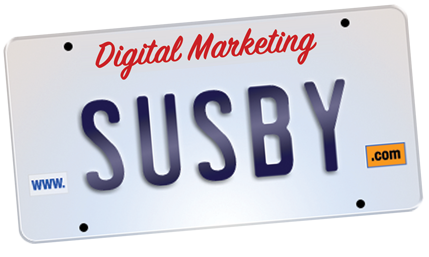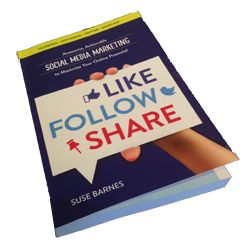Fortune 100 Companies Prefer Twitter Over Facebook
In mid-July I did a series a posts on Facebook or Twitter?. According to yesterday’s eMarketer article: Marketers Embrace Twitter Over Facebook,
“Burson-Marsteller, in a July 2009 study of Fortune 100 companies, found that more companies had a presence on Twitter (54%) than on Facebook (29%). “

Furthermore when resources are limited in terms of time to spend on various social media channels, 21% of Fortune 100 companies use only one channel and 76% of those companies were likely to use Twitter, with only 14% choosing Facebook and 10 choosing blogging.
Why?
- Twitter means business, where Facebook is entertainment.
- Twitter is a place to connect around specific topics, where Facebook is a place to connect with friends and family.
- Twitter is about following people you respect and being followed by people who respect you. Facebook is about having friends, sharing photos, events and having fun.
- The twitter platform enables sharing of good links more freely and with a bigger reach than Facebook. Repeating on (and retweeting) on Twitter is perfectly acceptable and even encouraged, where repeating on Facebook makes your brand across as annoying.
- Twitter is faster than blogging
- Tweets are more easily digestible than blog posts. Think “byte” sized chunks of valuable information.
- Tweeting a link to a blogpost is the norm
- Twitter combines the fun of Facebook with the information and knowledge value distributed in blogs.
- Twitter is more mobile and easier to do quickly than Facebook and blogging.
- Twitter requires more listening than Facebook and blogging and that means the people that embrace the medium are better conversationalists, because dialog means listening and responding.
- Twitter is real-time, blogging is as soon as I can get to it and Facebook is whenever. Time means money and money means business.
![]()


